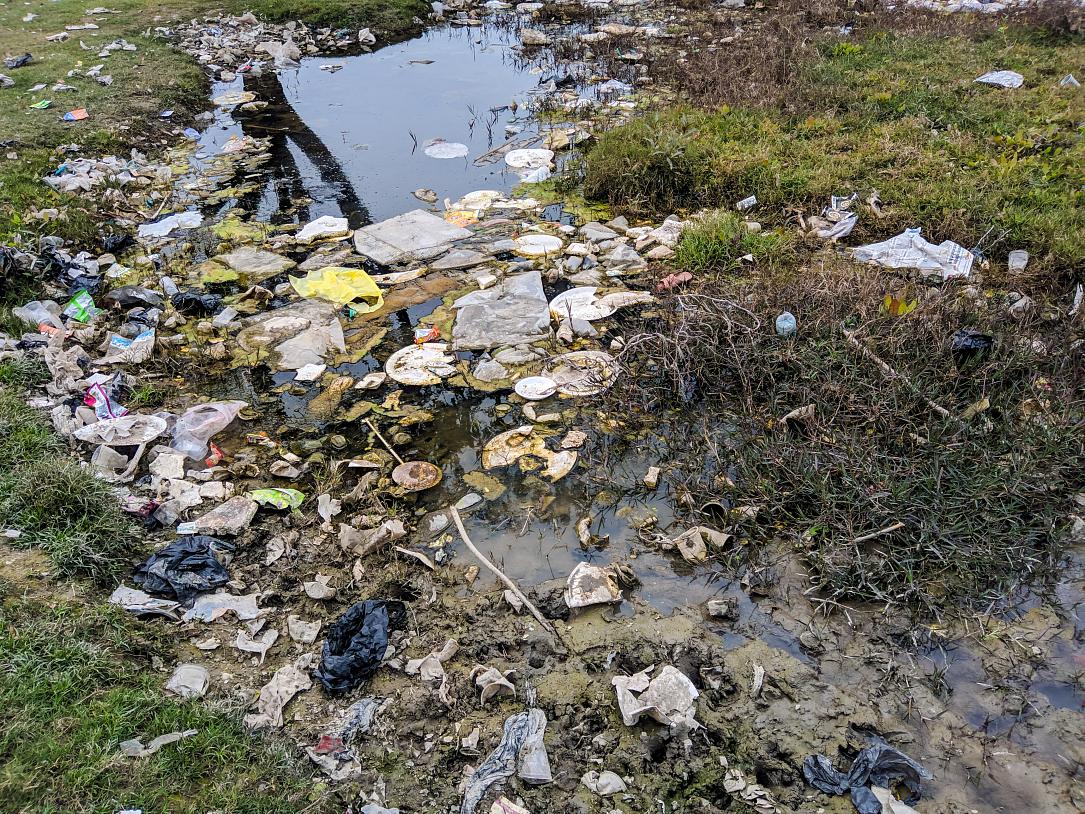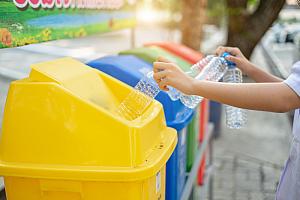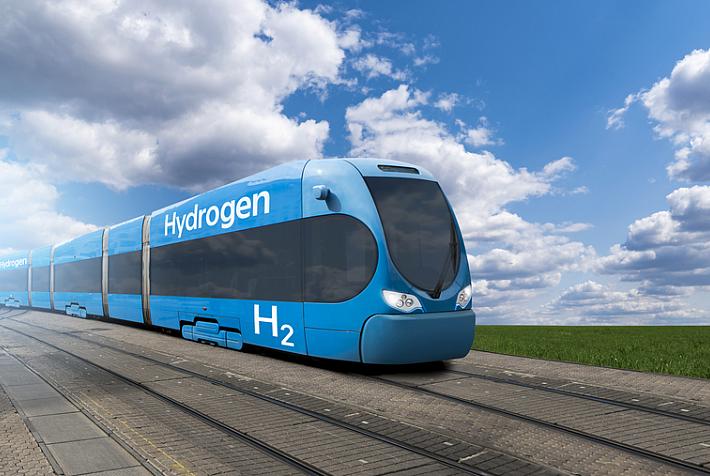Plastic bags falsely marked as biodegradable said to be polluting Romania

The Romanian market is flooded with fake biodegradable plastic bags, says the president of the Association of Plastic Manufacturers' Employers (ASPAPLAST), Constantin Oprean. He claims the Romanian market is full of plastic bags which are falsely marked as being biodegradable, but which in fact do not fully decompose organically over time, instead turning into smaller and smaller microplastic particles.
Microplastic pollution is a serious issue, as these particles have been proven to enter the human body, via the consumption of plastic-contaminated food and water, and even through inhalation. The effects of microplastics on people’s long-term health are currently unknown, but in a laboratory setting, it has been observed that microplastics damage human cells that have been exposed to them.
Earlier this year, the Guardian published an article on research done at Vrije Universiteit Amsterdam in the Netherlands which showed that microplastics can be found even in human blood. The research, published in the Environment International journal, found polymer particles in 17 of the 22 blood samples analyzed, coming from PET plastic such as is used in drinks bottles, polystyrene, used for food packaging, and polyethylene, which is what plastic bags are usually made of.
"Plastics should be reused 3 to 5 times maximum,” said Oprean at the PRIA Environment Conference (reported on by Agerpres), "Because after that it becomes unusable, it releases microplastic, which then ends up in rivers, in the Black Sea, it ends up in fish. This is a serious problem."
The president of ASPAPLAST added: "Nobody buys the ones that are truly biodegradable, which are more expensive."
(Photo source: Tilak Pandit | Dreamstime.com)













